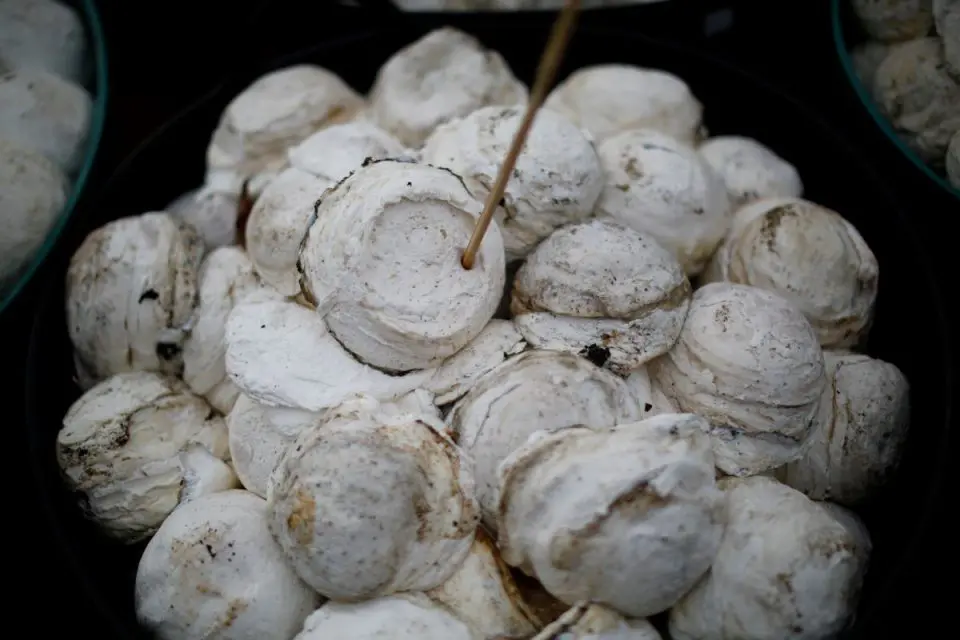KUALA LUMPUR, Feb 22 — The Federal government has channelled RM446 million to 207,128 rubber smallholders nationwide through the Rubber Production Incentive (IPG) scheme from September 2015 to December 31, 2022, said Deputy Prime Minister Datuk Seri Fadillah Yusof.
Fadillah, who is also the Plantation and Commodities Minister, said the incentive was introduced to ease the burden of smallholders when rubber prices were low and encourage them to continue tapping.
“By implementing the IPG, smallholders will receive farm-gate rubber prices (50 per cent dry rubber content) of at least RM2.50 a kilogramme (kg),” he said when winding the discussion regarding rubber, oil palm and other agri-commodities at the Dewan Rakyat today.
The government will also implement the Latex Production Incentive (IPL) to help stabilise the income of smallholders and meet the needs of the latex-based downstream industry.
“Each rubber smallholder joining the (IPL) programme will receive an incentive of RM1.00 per kg for 100 per cent dry rubber content apart from one-off assistance per hectare worth RM850 for farming inputs such as fertiliser and pesticide,” Fadillah said.
Concerning the proposal to increase the floor price for scrap rubber to RM4 per kg, the Plantation and Commodities Ministry has worked with the agency involved to study the IPG rate improvement mechanism.
“The findings of the study showed that if the IPG rate were increased to RM4 per kg from RM2.50 currently, the government would require an allocation of RM1.29 billion based on total rubber production of 450,000 tonnes with an average yearly SMR20 price of RM6.10 per kg.
“Therefore, this matter needs to be discussed with the Finance Ministry and will depend on the sufficiency of the government’s finances,” he added.
On the oil palm plantation sector’s reliance on foreign labour, it can be overcome through automation and mechanisation, as well as an increase in the use of machinery.
Fadillah noted the ministry had set up the Mechanisation and Automation Research Consortium of Oil Palm (Marcop) to promote research and higher productivity of plantation workers through technologies developed under the initiative.
“The government has allocated RM30 million through matching grants in Budget 2021 to support Marcop’s activities while industry players contributed RM30 million through the Malaysian Palm Oil Board’s cess collection.
“The combined Marcop allocation of RM60 million will be used for the research and commercialisation of plantation mechanisation technologies. To date, Marcop has received 19 applications,” he said.
— Bernama





